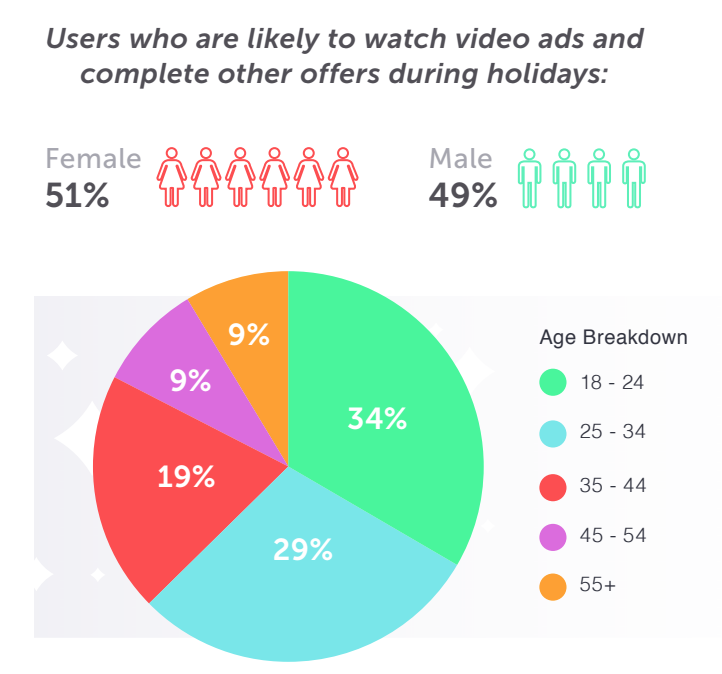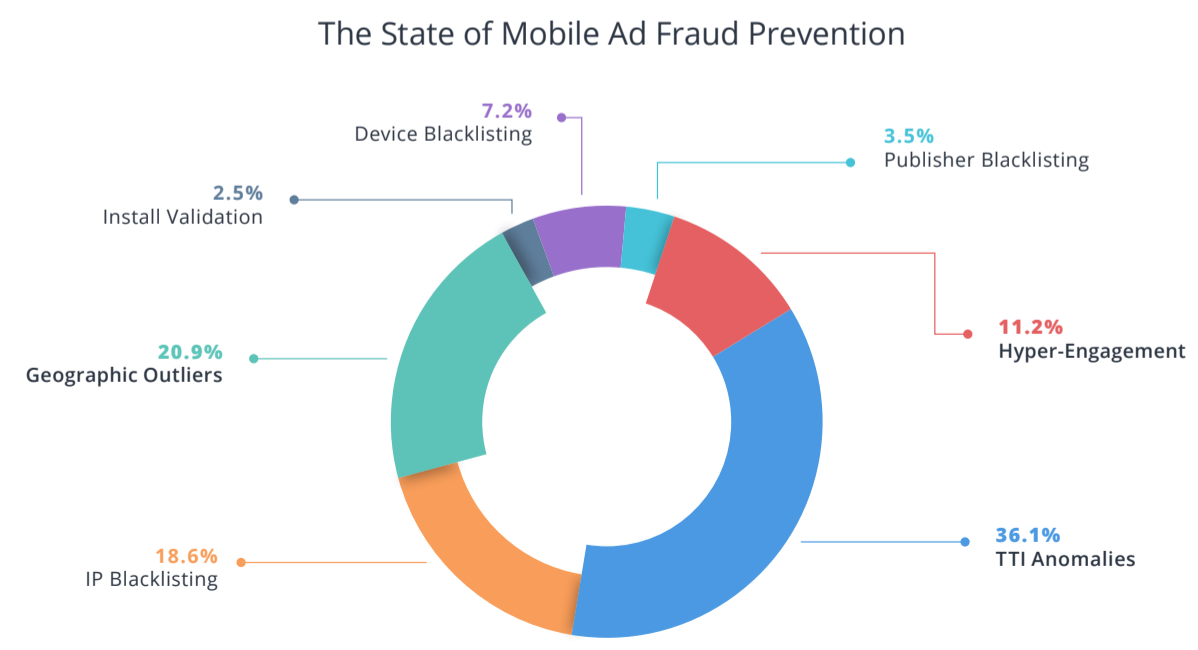Mobile Gamers Gearing Up for Holiday Season; Willingness to Share Location Rises
by Hugh Williams on 16th Nov 2017 in News

ExchangeWire Research’s weekly roundup brings you up-to-date research findings from around the world, with additional insight provided by Hugh Williams, senior data analyst, ExchangeWire. In this week’s edition: Mobile gamers gearing up for holiday season; Willingness to share location rises; and too few marketers protect from fraud.
Mobile gamers gearing up for holiday season
Most mobile gamers plan to spend this holiday season playing games more often, downloading more new games, and engaging more frequently with in-app rewarded ads, according to research by Tapjoy.
Nearly three-quarters of mobile gamers (72%) say they intend to download at least one new game during the upcoming holiday season, while 80% report that they expect to spend more time playing games during the holidays.

This spike in user activity presents an opportunity for advertisers. Engagement with in-app ads is also expected to climb this holiday season, with 57% of gamers reporting that they are more likely to watch rewarded videos and complete other rewarded offers during the holidays.
When asked what type of rewarded ad offers they were most likely to complete this holiday season, mobile gamers cited watching videos as their top choice, followed by offers for surveys, app installs, downloading and completing the first level of a new app, and signing up for a new service, respectively.
While eight out of 10 mobile gamers say they’ll play more often during the holiday season, 30% estimate they’ll play an additional three or more hours per day. Just over one-in-ten (11%) report they’ll play an additional five or more hours per day.
Willingness to share location rises
The majority of people (55%) are more comfortable sharing their mobile device’s location with an app, compared to two years ago, according to new research from Verve.

Almost three-quarters (73%) of consumers say they now allow apps to access their mobile’s location, and one-in-ten (11%) say they always allow apps to do so.
But advertisers and publishers wanting to take advantage of this valuable information must work hard to ensure the user experience is not compromised, with over a third of consumers (34%) saying they remove an app if they receive poorly targeted ads based on inaccurate location information.
The research reveals some of the app verticals which consumers feel most comfortable sharing their device’s location with: 40% say they share their phone’s location with weather apps; and a third (33%) with transport apps. Many other verticals are fast leveraging the powers of location.
More than three-quarters (77%) say it’s important that the brand behind the app service is known and trustworthy if they are to share their phone’s location information. Overall, several barriers still exist – 64% of consumers say concerns around privacy make them less inclined to share their phone’s location and 39% are also concerned their battery life will drain.
Too few marketers protect from fraud
Almost two-thirds (63%) of marketers do not utilise fraud-prevention techniques in their mobile marketing systems, finds Singular’s Fraud Index.
The report shows that nearly 70% of the total fraud prevented each month is attempted via attribution manipulation, or fraudsters trying to steal credit for installs from organic and non-organic sources.

Currently, there isn’t one prevention method that reigns supreme in blocking the majority of fraud – rather marketers employ a handful of methods, with each method blocking its share of the total fraud prevented each month, as shown in the graph above.
However, the study finds that evolving attack patterns have rendered certain prevention methods less effective over time and exposed new vulnerabilities in existing fraud solutions.








Follow ExchangeWire